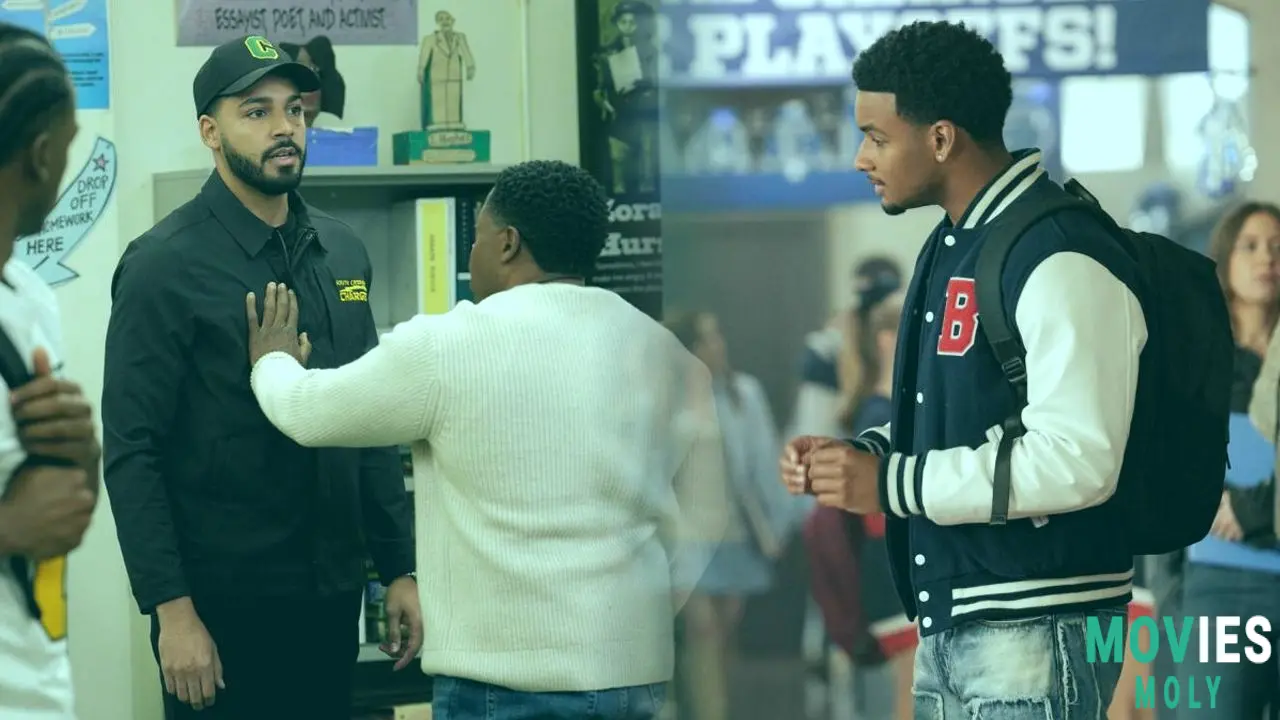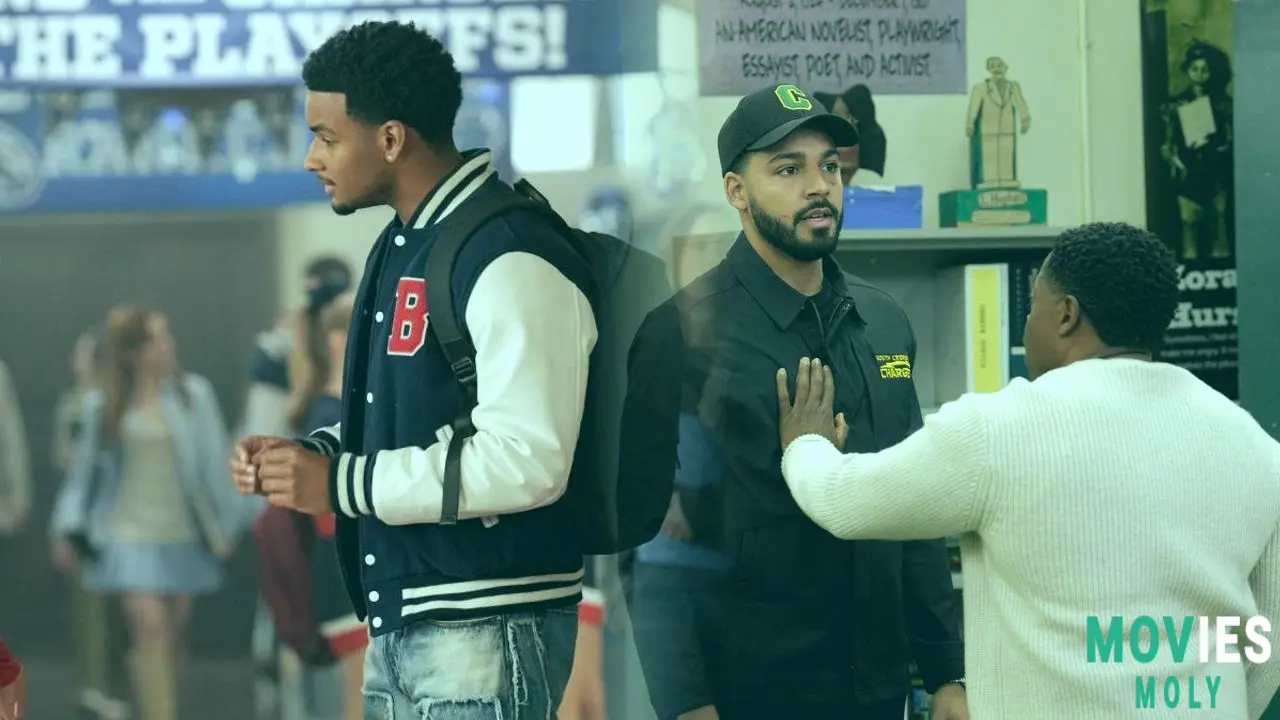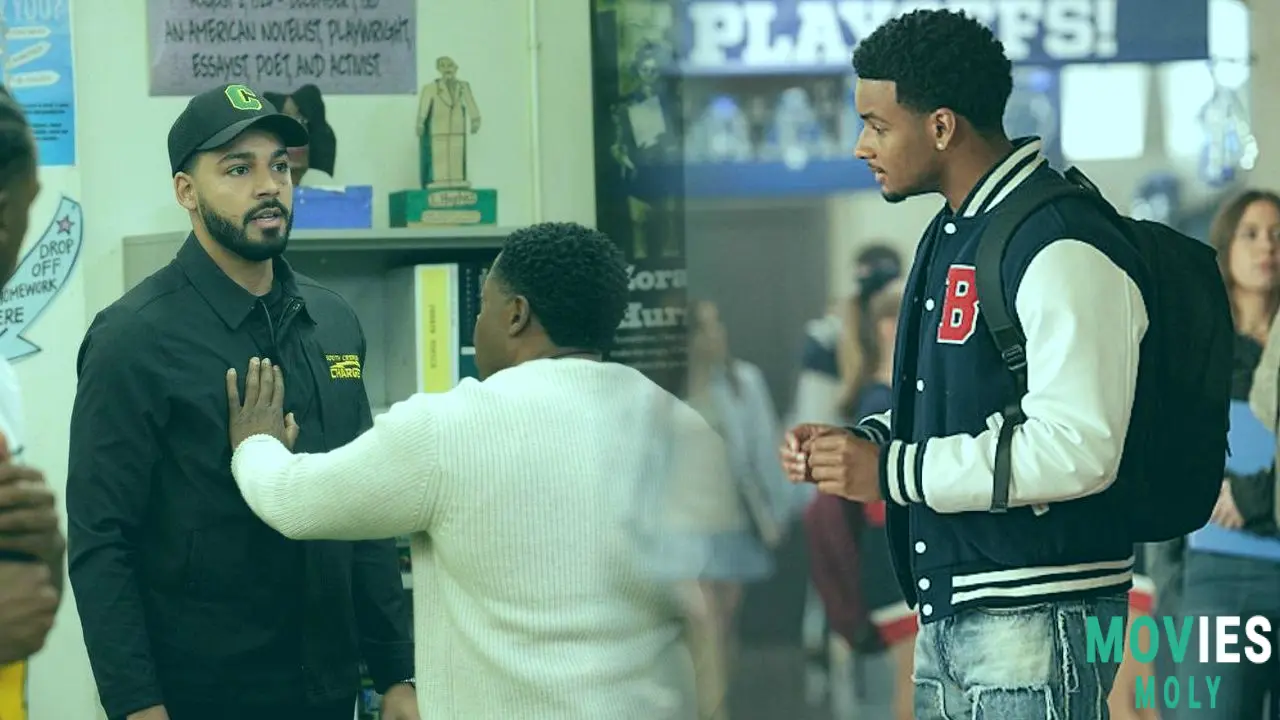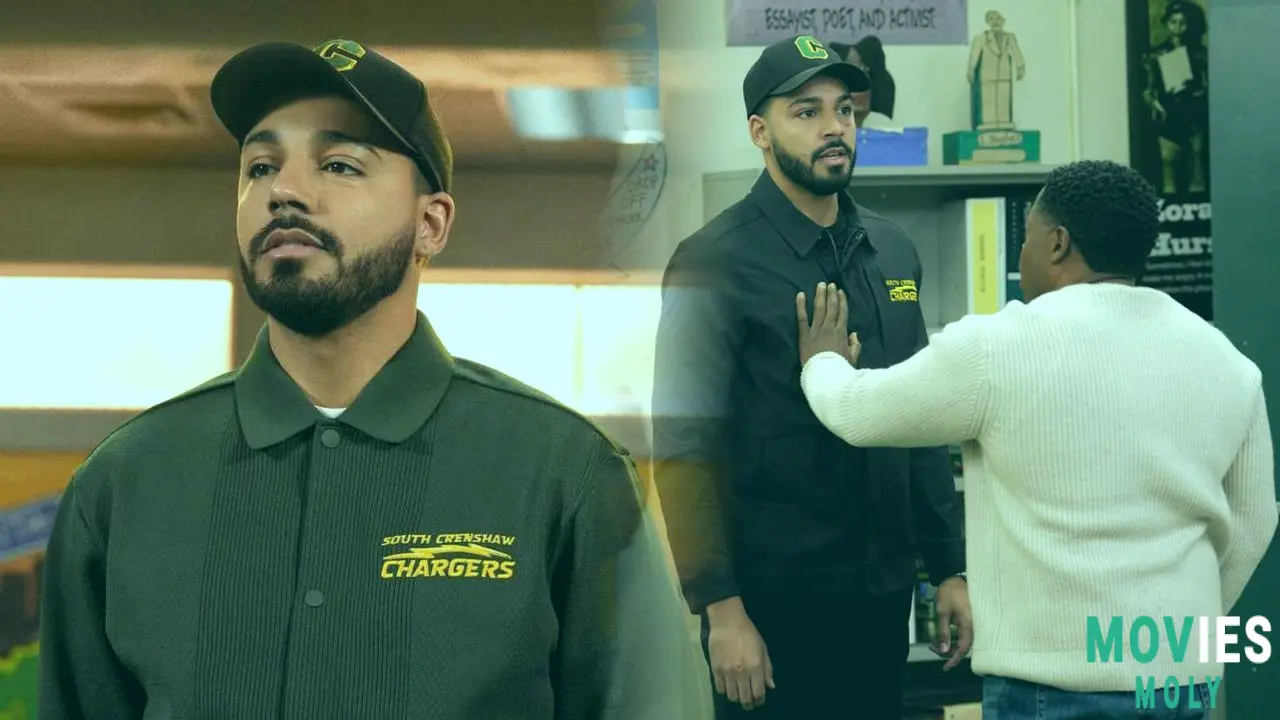All American closed out its seventh season with one of the most emotionally charged and narratively loaded finales in its run — and one that may very well stand as its final moment if The CW doesn’t greenlight an eighth season. But as showrunners Nkechi Okoro Carroll and Jamie Turner made clear in interviews with Deadline, TVLine, and TheWrap, that unresolved last play wasn’t just a tease. It was a deliberate, meaningful choice that elevated the entire series’ legacy and underscored how much more there is left to explore in this gritty, heart-on-its-sleeve drama.
The Cliffhanger That Could Define All American’s LegacyThe Beverly High Eagles vs. South Crenshaw Chargers — a rivalry that has defined All American from day one — once again took center stage. But this time, the stakes weren’t just about a football game. They were about family, identity, and legacy. With the shocking revelation that Cassius is Jordan’s cousin, and his ulterior motive in taking the Beverly coaching job, the field became ground zero for a deeper conflict: the Baker family legacy vs. the Jeremy family future.
As the season finale barreled toward its final play, with Beverly trailing 24-20, KJ threw a desperate long pass. The camera followed the football in slow motion — a visual metaphor for the show's entire seventh season — and then cut to black. No winner. No closure. Just a soaring question mark.
“Who won that game and who gets to declare themselves the victor of everything that went down over the season felt like such a powerful way to end the episode,” Okoro Carroll told TVLine. “Fingers crossed — allow us to come back in Season 8 to pick up with the results of that game and how it affects them moving forward.”
Symbolism Over Conclusion: A Risk That Pays Off

It’s easy to see why some fans might be frustrated by an unresolved finale, especially with no word yet on a renewal. But this isn’t a cheap trick. This is storytelling with a purpose. The showrunners weren’t just looking for a dramatic exit; they wanted a finale that encapsulated the show's evolution and the emotional terrain of its characters.
“The football games between Beverly and Crenshaw — they’re always so personal,” Carroll said. “This season especially, it is so much bigger than the actual game. It is symbolic of the unresolved nature of the Jeremy family and the Baker family and their relationship, of the unresolved nature of Khalil and Amina’s relationship, of this new generation’s struggle.”
And what a new generation it is. The seventh season boldly shifted focus from the original cast to the youth at Beverly and Crenshaw. Jordan, Layla, and Coop may still be around, but they’re now playing support roles to characters like KJ, Amina, Khalil, and Tori — whose love triangles, personal growth, and ambitions gave the finale its emotional punch.
New Generation, Old Legacy — And So Many Stories Left to Tell

One of the most impressive aspects of Season 7 is how it managed to weave in the original characters’ arcs while pushing the new cast into the spotlight. Fans got a bittersweet dose of nostalgia with Spencer and Olivia returning — and now expecting twins — even as the core drama centered on the students' relationships and dreams.
Amina’s potential acceptance to a boarding school up North (her possible ticket to Stanford) contrasts sharply with Khalil’s growing emotional turmoil, both in his relationship with Amina and his strained bond with his father. Meanwhile, Tori’s assertiveness in calling out KJ for stringing her along adds another layer to the already tangled love square between her, KJ, and Amina.
“That’s the beauty of YA drama,” Turner told Deadline. “One of the main themes in this episode beyond recognition was also growth and new opportunities... Timing is everything. Maybe the plan now is the focus on, how can we grow internally?”
Cassius vs. Jordan: A Family Rift at the Heart of the Show

Perhaps the most combustible element of the finale was the dynamic between Jordan, Cassius, and KJ. Cassius’ decision to coach Beverly — not out of goodwill, but to dismantle the Baker legacy — adds a personal edge to the rivalry that goes beyond the field. And Jordan’s reluctance to forgive Cassius speaks to deeper wounds that won’t heal without trust, bridge-building, and time.
“That trust and that bond needs to be, not even rebuilt. It needs to be built,” Okoro Carroll said. “If there’s ever going to be any uniting of the Baker and the Jeremy branches, that is going to take a lot of trust building and a lot of bridge building and a lot of forgiveness. Those are things that Jordan cannot rush.”
Hopeful for Renewal, Energized by Possibility
With no official word from The CW, the future of All American remains uncertain. But the creative team is clearly hopeful — and prepared. They’re moving forward with storylines for Season 8, even if that next chapter isn’t guaranteed. And that optimism is contagious.
“We’ve only just started to scratch the surface of this new generation,” Carroll said. “We’re so energized about the stories we have to tell with KJ and Amina and Khalil, and the Baker and Jeremy legacy, now that they know they’re family.”
Whether or not we get to see that next season, the finale stands as a powerful testament to what All American has become — a show about more than football, more than teen drama, about legacy, growth, and the messy, beautiful process of becoming.
And sometimes, that long pass in the final seconds is all you need to symbolize hope.





